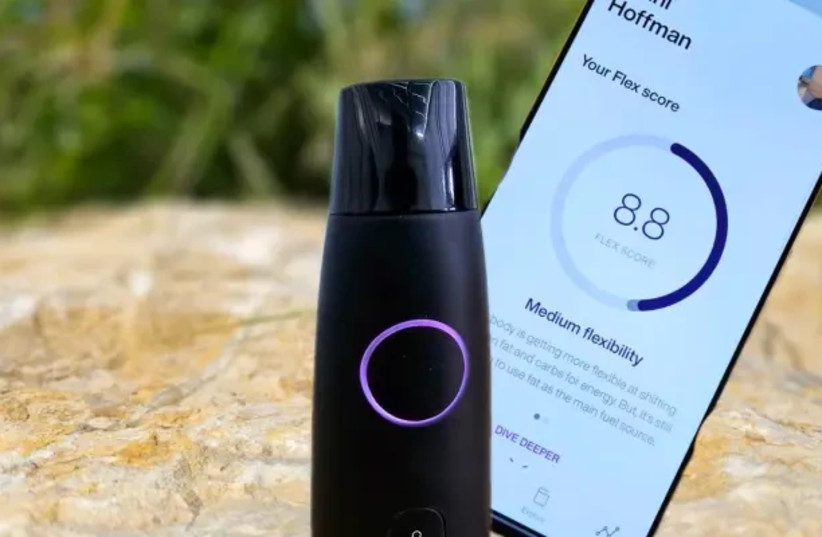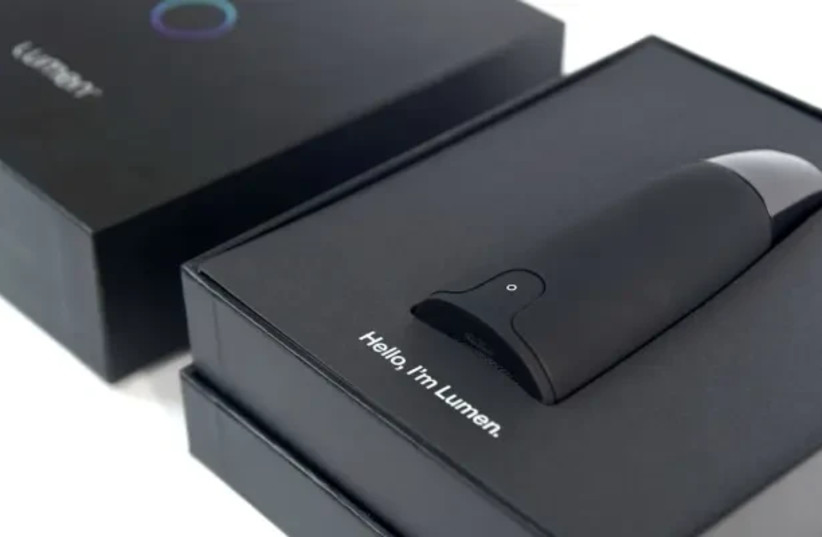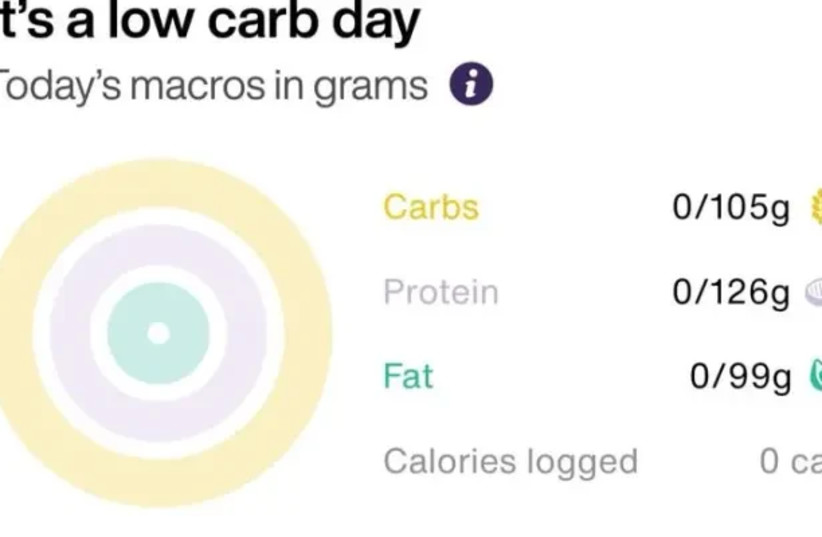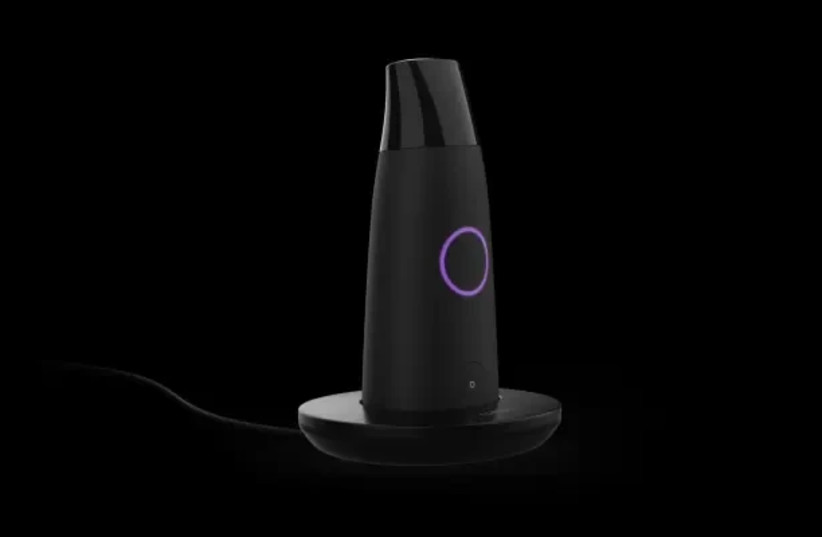The device for measuring the metabolism (metabolism) – Lumen, is not a new gadget, but in the last year I got to work with it, with the aim of better understanding the metabolism in my body and on the way to try to lose weight. The person behind this product is an Israeli startup – Lumen, which was established in 2014 and ended the year 2022 with a fundraising of 62 million dollars.
The experience of using Lumen starts from the moment of ordering, immediately after that I received an email that introduced me to the world of the product. The email includes a video that helps to understand how metabolic health is affected not only by food, but also by sleep and sports.
The goal with this email and subsequent emails is to create a welcome experience to the “health club” and also to help the user understand how to use the product even before he physically reaches it.
Lumen later sent more emails with explanations, she offered me to participate in a group training via Zoom and then she made sure to send videos via the app on a daily basis that give tips for better health, product use and food (why fruit juice is not good or ideas for healthy snacks).

The purpose of these videos is to make the user stay connected to the product and not abandon it. The videos are made of high quality and they help the goal and above all give the feeling that you didn’t buy some disposable gadget, but a service that wants you to keep using it.
Lumen – get used to inhaling and exhaling every morning
The device is built like a thick electronic cigarette. It comes in black with a carrying case, so you can easily take it anywhere in your bag. Its battery lasts for weeks and the kit includes a desktop charger as well as a carrying case.
The device uses the technology that the startup has developed, which allows the measurement of metabolism in real time, only through the breath of the user. Something that was previously only possible in research laboratories. The device measures the concentration of carbon dioxide in the body, where these indicate the type of fuel that the body needs to produce its energy (fat or carbohydrates).

Using the device itself is simple, inhale for 4 seconds, wait 10 seconds and then blow into it for 6 seconds. It is indeed simple, but also challenging, because many times I didn’t have enough air to exhale and then I had to start over (there is an indication in the application throughout the process). Another disadvantage, this process is reminiscent of using an electronic cigarette.
Immediately after the measurement, you receive a score from 1 to 5 in the application, do I burn more fat or more carbohydrates at that moment. Lumen suggest doing the test every morning, but it can also be done at night, 30 minutes before or after sports training, before a meal or one to two hours after a meal.

At the beginning of each week (after several weeks of use) you receive a score called Flex. At first my score was 5.8, which means according to Lumen that my body suffered from low flexibility in switching between using fat and carbohydrates for energy.
This makes it difficult for the body to use fat as its main energy source for fuel. As a result, there is a high risk of chronic diseases such as metabolic disorders, insulin resistance, energy levels that have difficulty being stable during the day, which leads to difficulty concentrating. This is in addition to poor sleep quality.
Over time my score improved, where it now stands at 10.0 (not the maximum score, about the middle). Which means my body is more flexible in switching between burning fat and carbs for energy, but it’s still learning to use fat as its primary energy source. This leads to improved weight loss, more constant energy and better sleep quality and also a lower risk of various diseases.

Monthly payment and nutritionist for an additional fee
Lumen is constantly improving its application, it has added a meal planning guide that allows easier access to information about the amount of carbohydrates that should be eaten at each meal and when to eat them and menu suggestions for eating. You could watch after the measurement the percentages of burning fat and carbohydrates in the body.
Which helps to more accurately understand the burning activity in the body. Recently, an option was even added for a private nutritionist via chat, her regular follow-up, including online group meetings in a 12-week program.
The cost is NIS 2,185 ($600).

Lumen’s application does not include support in Hebrew, so it is good to know this in advance (in general, this is a product that has not been adapted for use in Israel). The app includes a monthly subscription, this provides insights on eating habits, a personal daily nutrition plan, macro food recommendations, metabolic training, support and also connection to Garmin watches, Google Fit and Apple Health. This subscription costs NIS 70 per month ($19), when the kit includes a free trial month.
I was less connected to the recommendations of the food and most of the tips that the app gave, which also, since the product is mainly intended for the American market, its food database does not include Israeli food and this makes this operation challenging (especially if you want to find white or yellow 9% cheese).
The ability to enter food is indeed important, but it bothered me less, because I was less connected to the food recommendations I received from the app. It’s hard for me to enter everything I eat into the app and my use of the product also worked more on trial and error. I wanted to see how a meal I ate at night or at a certain time affected the burning of fats or carbohydrates in the morning. That way, I could know which food affects me and roughly when to stop eating.
Price: NIS 1,100 ($300)
Bottom line, the Lumen gives a good solution to understand how our body’s metabolism works. It makes it possible to get daily insights, to know what the sports training did to the metabolism and how dinner, what we ate at it and the time it was eaten affected the body. This makes it possible to create a healthier lifestyle, therefore, Lumen gives the user what it promises.
On the other hand, the product requires persistence, the measurement process sometimes requires repetition (if the exhalation was not successful), the product is built more for the American market, so it does not have an interface in Hebrew, and the food recommendations and food nutrition contained in it are not convenient for use in Israel, so you should take that into account.